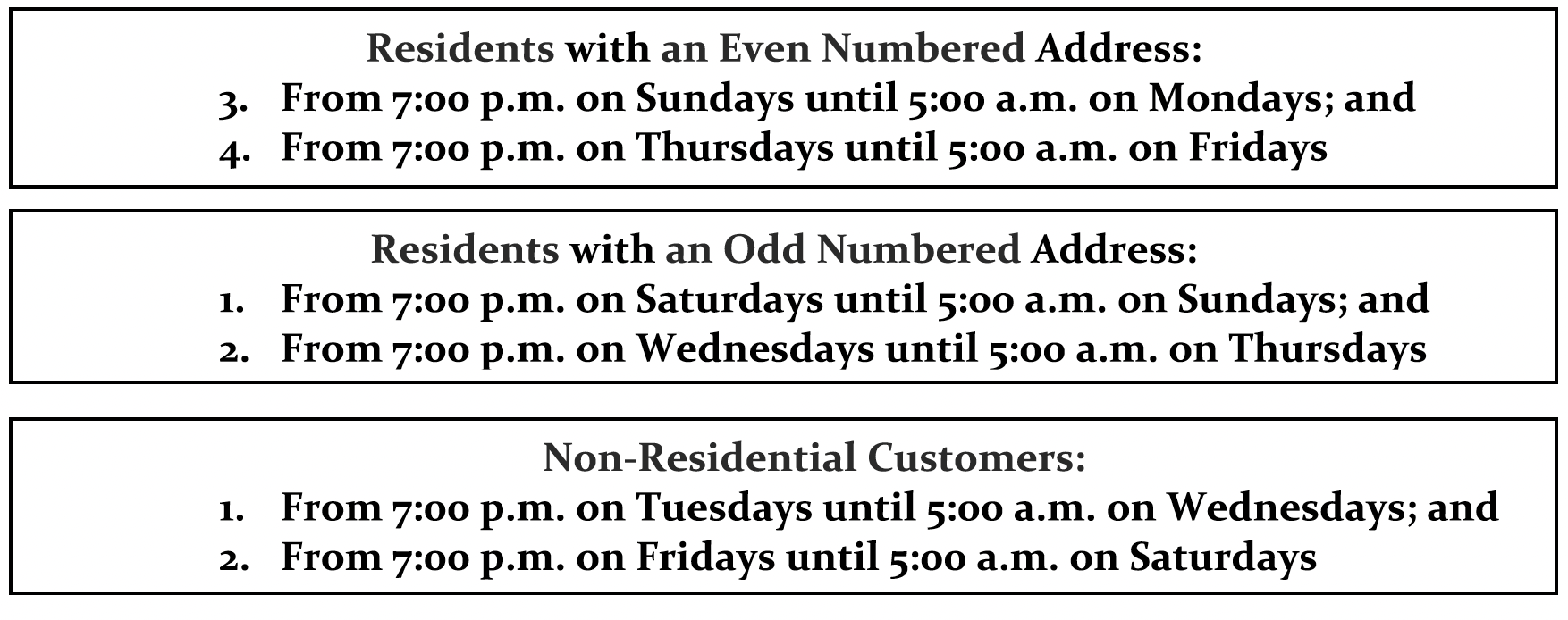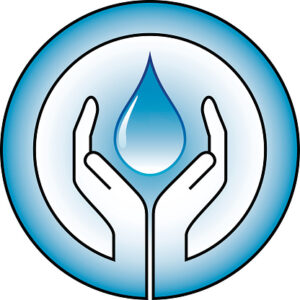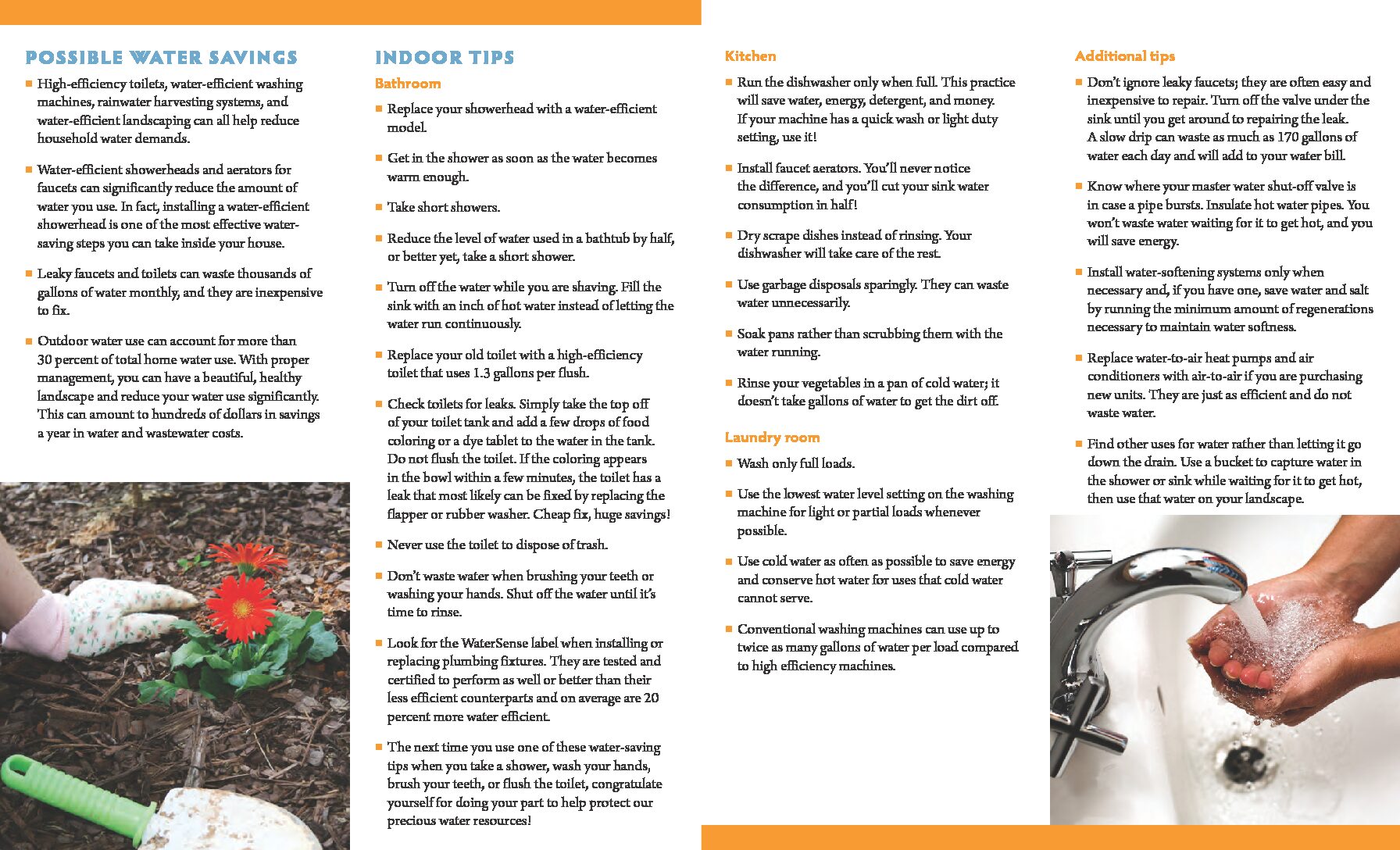NHCRWA Board Votes to Reduce Water Rates for the Second Time in 2023
At its regular Board meeting September 11, 2023, the Board of Directors of the North Harris County Regional Water Authority (NHCRWA) voted to reduce water rates. The Board reduced surface water rates from $4.55 to $4.05 per 1,000 gallons and groundwater pumpage fees from $4.10 to $3.60 per 1,000 gallons. This is the second time in eight months the Authority has made rate reductions, making a total of $1.00 per thousand gallons of usage, or approximately 20% and 22% rate cuts, respectively. The new rates will go into effect October 1, 2023.
Board President and Director Mark Ramsey commented: “When our board addressed rates at the beginning of the year, we acted cautiously but with the stated intent to re-examine NHCRWA finances later in the year. This recent review revealed more revenue thus far in 2023 than had been anticipated earlier in the year, clearly enabling these additional rate cuts. The combined cuts will save NHCRWA ratepayers approximately $60,000,000 per year. Board Members and NHCRWA staff continue to search for additional ways to save ratepayers money while preserving quantity and quality of water supplies for North Harris County residents.”





